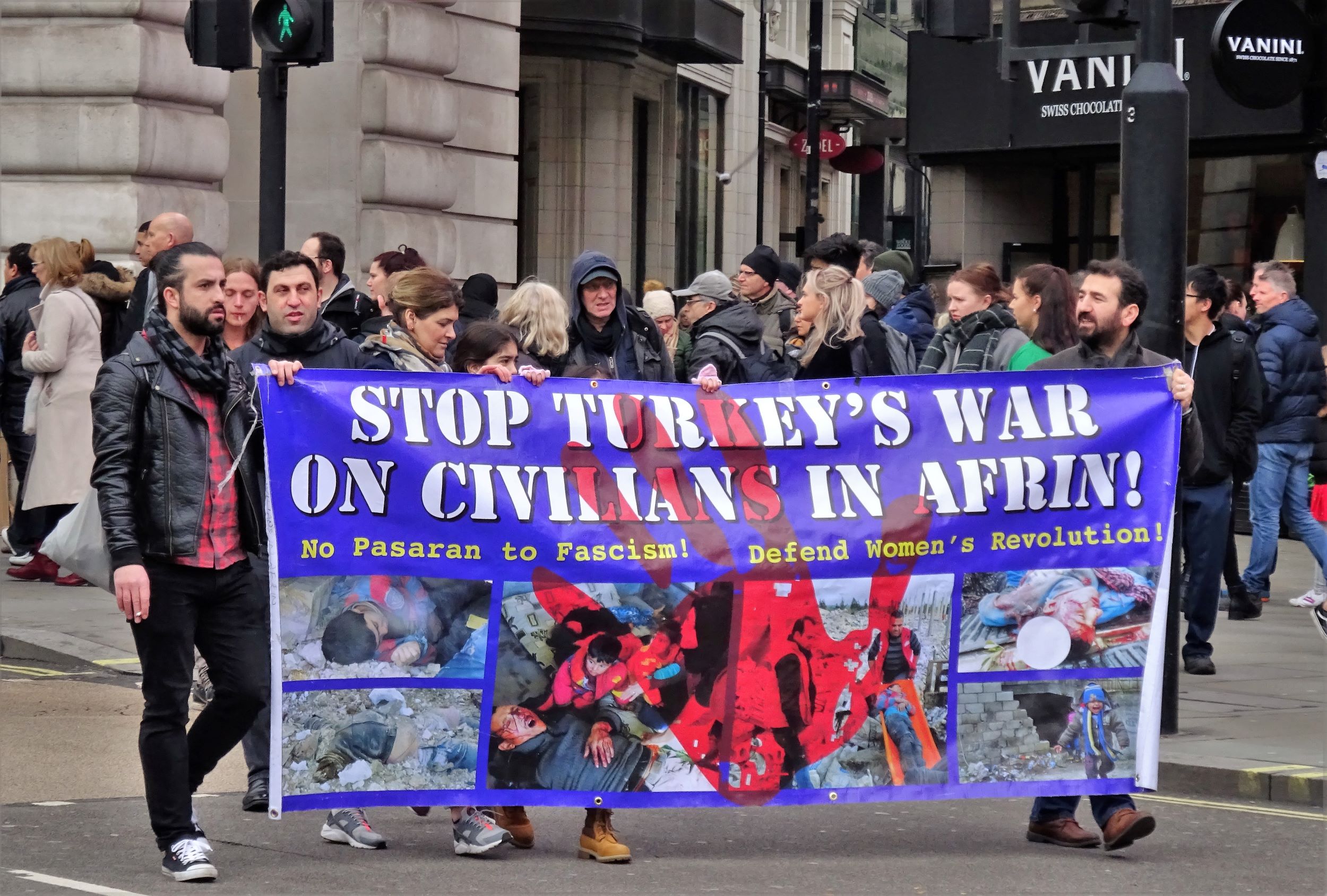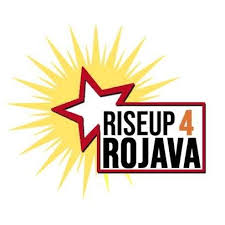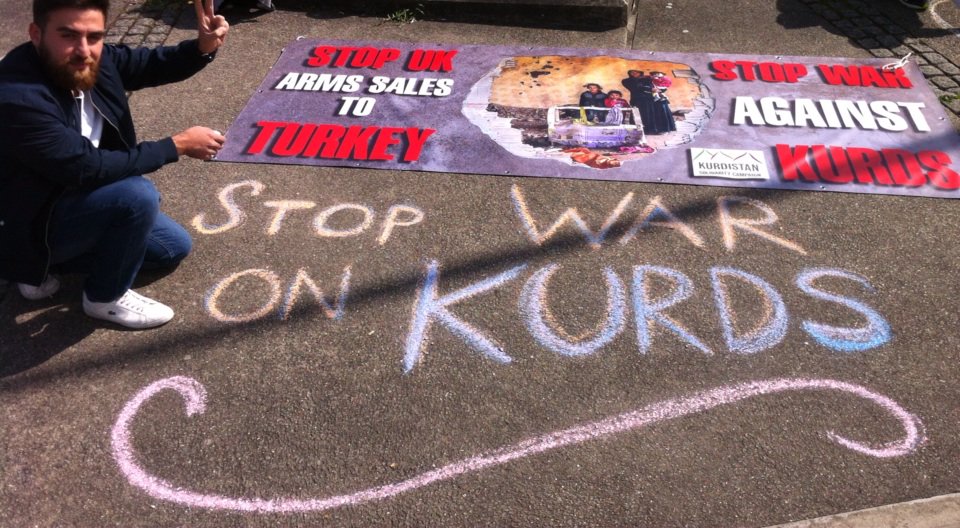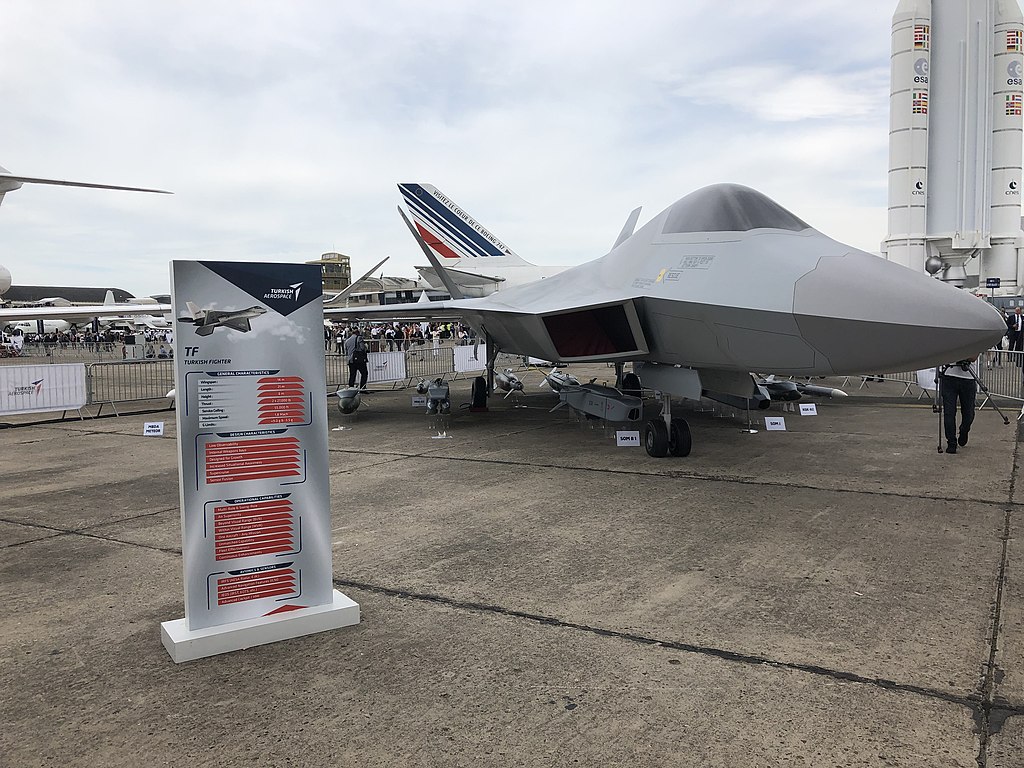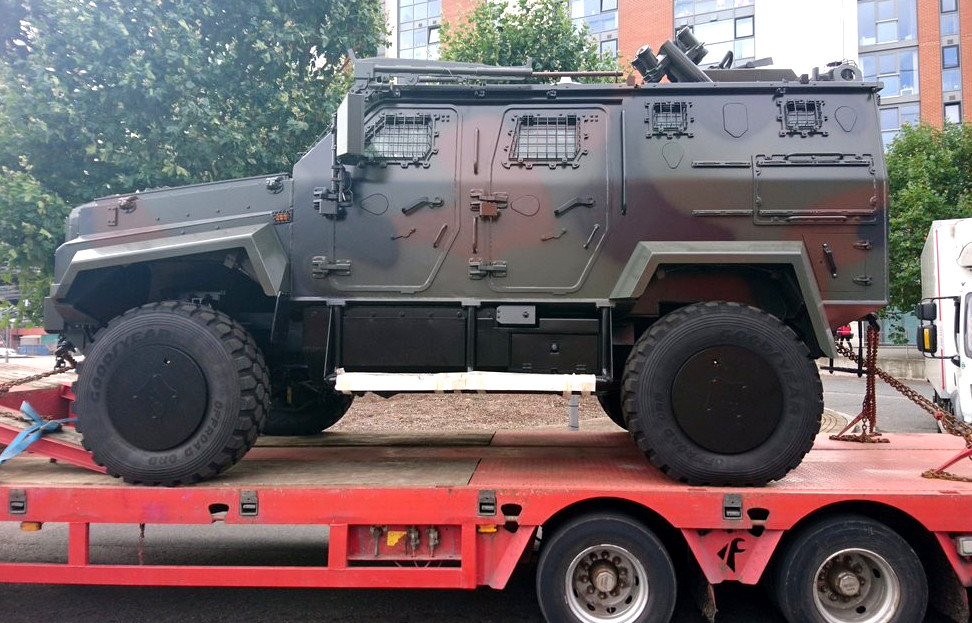Background
Since the creation of the Turkish state in 1923, the Kurdish minority has been subject to repression and marginalization. In the past, this has included a ban on the Kurdish language, and severe repression of any expression of Kurdish identity, such as the celebration of the Kurdish festival of Nowruz. Indeed, the Turkish state for a long time denied the existence of the Kurds as an ethnic group, describing them as “mountain Turks”.
There has been some relaxation of these measures severely curtailing the right to Kurdish cultural expression. For example, the use of the Kurdish language is more accepted, and since 2012 the right to receive two hours of Kurdish language education in school was granted, although its implementation has been poor. In other areas, however, Turkey has made a renewed effort to suppress Kurdish language and cultural expression.
An armed rebellion broke out in 1984 in the Kurdish-majority south east of the country, led by the Kurdistan Workers Party (PKK), which was in turn met with a brutal military campaign in which at least 40,000 people were killed and at least 2,400 villages destroyed by the Turkish armed forces. Torture, disappearances, and extra-judicial executions were commonplace. Atrocities were also committed by the PKK against civilians in the areas they controlled, as well as bombings against civilian targets in other parts of Turkey.
Ceasefire and resumption of conflict
The rise to power of the moderate Islamist Justice and Development Party (AKP) in 2001 was initially followed by some degree of opening to the Kurdish people, and relaxation of some of the most extreme forms of repression. This led to a two-sided ceasefire which announced in 2013, followed by peace negotiations. However, these negotiations broke down in 2015, since when the conflict has continued to rage.
New sources of conflict have been created by conflicts in neighbouring countries. In Syria, Kurdish-led forces have been engaged in a war with the Islamic State (or Daesh), while Kurdish groups have established autonomous democratic institutions in the north of the country. In Iraq the autonomous Kurdistan region has been in conflict with both Daesh, and with the Iraqi state in its quest for full independence from Iraq. The Turkish government accuses the Kurdistan Regional Government of harbouring PKK fighters, and it considers the YPG, the main Kurdish unit within the Syrian Defence Forces (SDF), of being essentially a sister force to the PKK.
In the two years to July 2017, following the breakdown of the ceasefire, the Turkey-PKK conflict killed almost 3,000 people, including 1,378 PKK fighters, 976 state security force members, 408 civilians, 219 “youths of unknown affiliation”, according to the International Crisis Group. According to the Heidelberg Institute for International Conflict Research (HIIK), there were a further 1,009 people killed in 2018.
The conflict has continued to rage since, rated as a “Limited War” in 2021 by HIIK, with hundreds of people killed, including many civilians. Turkey has also engaged in cross-border bombings of PKK targets in Iraqi Kurdistan, killing between 98-123 civilians and injuring 134 to 161. On 17 August 2021, a Turkish airstrike hit a civilian hospital in Sinjar, Nineveh province Iraq, killing 8 civilians and seriously injuring over 20 others. This airstrike targeted the Yazidi people, with Turkey claiming that the Yazidi self-defence force, the Sinjar Resistance (YBS) is linked to the PKK. In May 2023, four survivors and witnesses of the attack brought a formal complaint against Turkey at the UN Human Rights Council over the attack.
Earlier this year, in February 2025 the PKK’s long-imprisoned leader, Abdullah Ocalan called on the armed group to disarm and disband, following 40 years of struggle. Months later, in July the PKK held a ceremony to mark a symbolic first act in laying down its arms, with around 30 fighters incinerating their weapons in what the PKK called “a step of goodwill and determination”. Ankara had previously ruled out further talks until the PKK laid down its arms.

